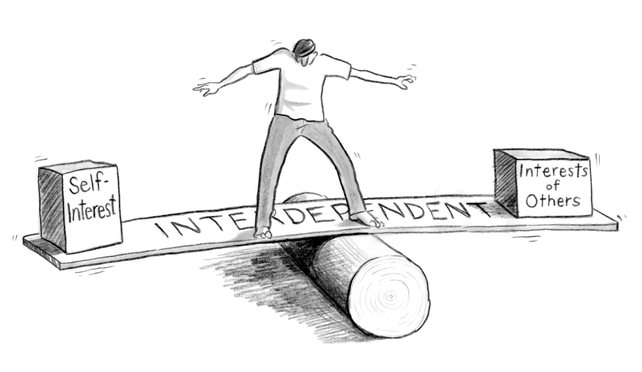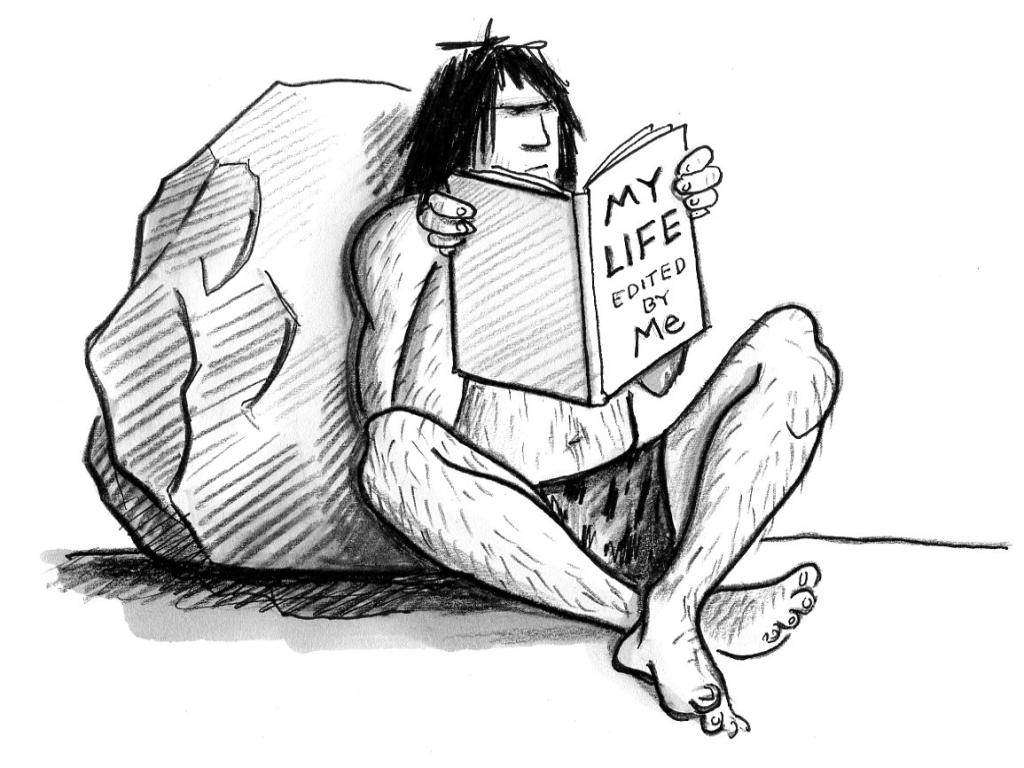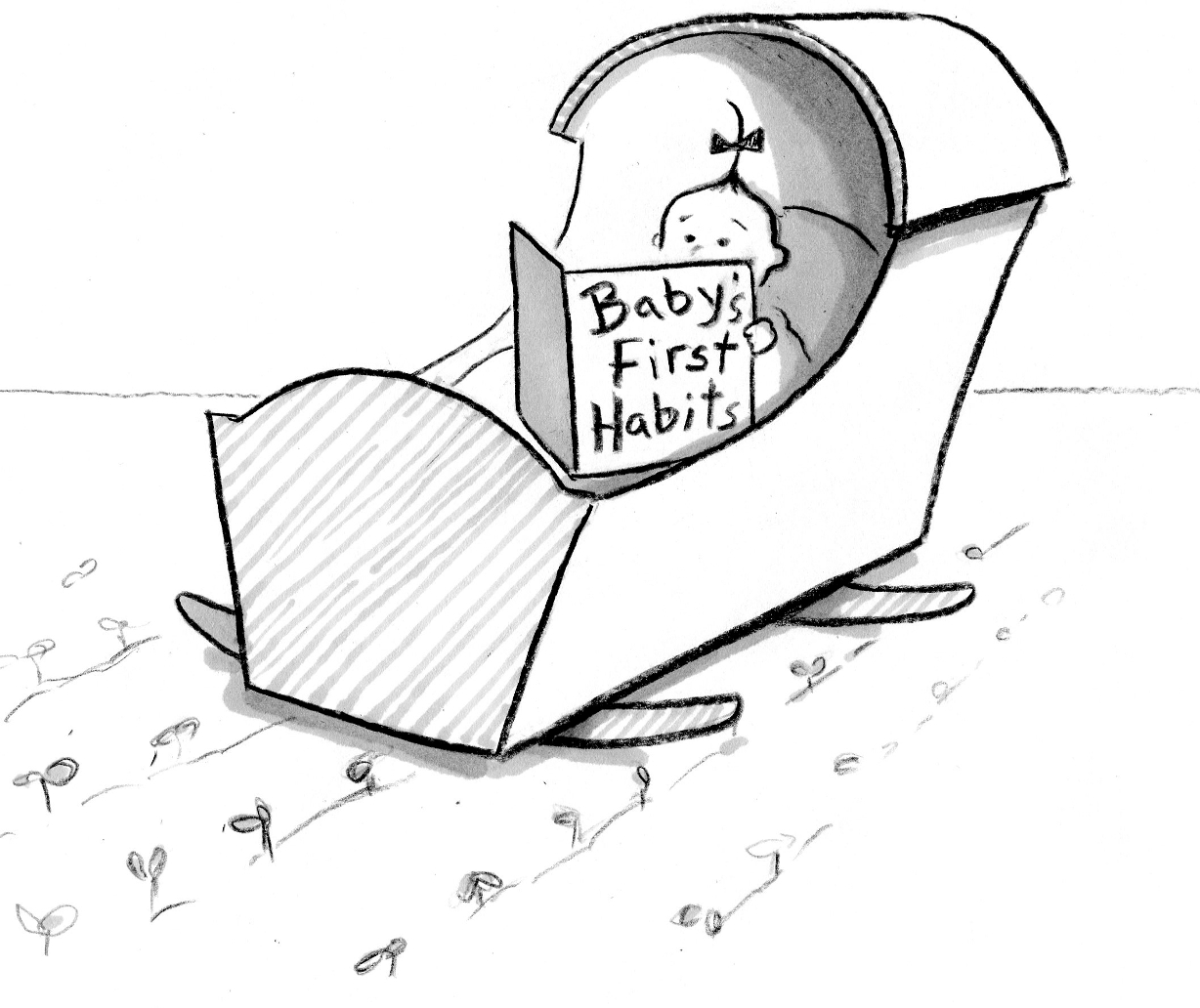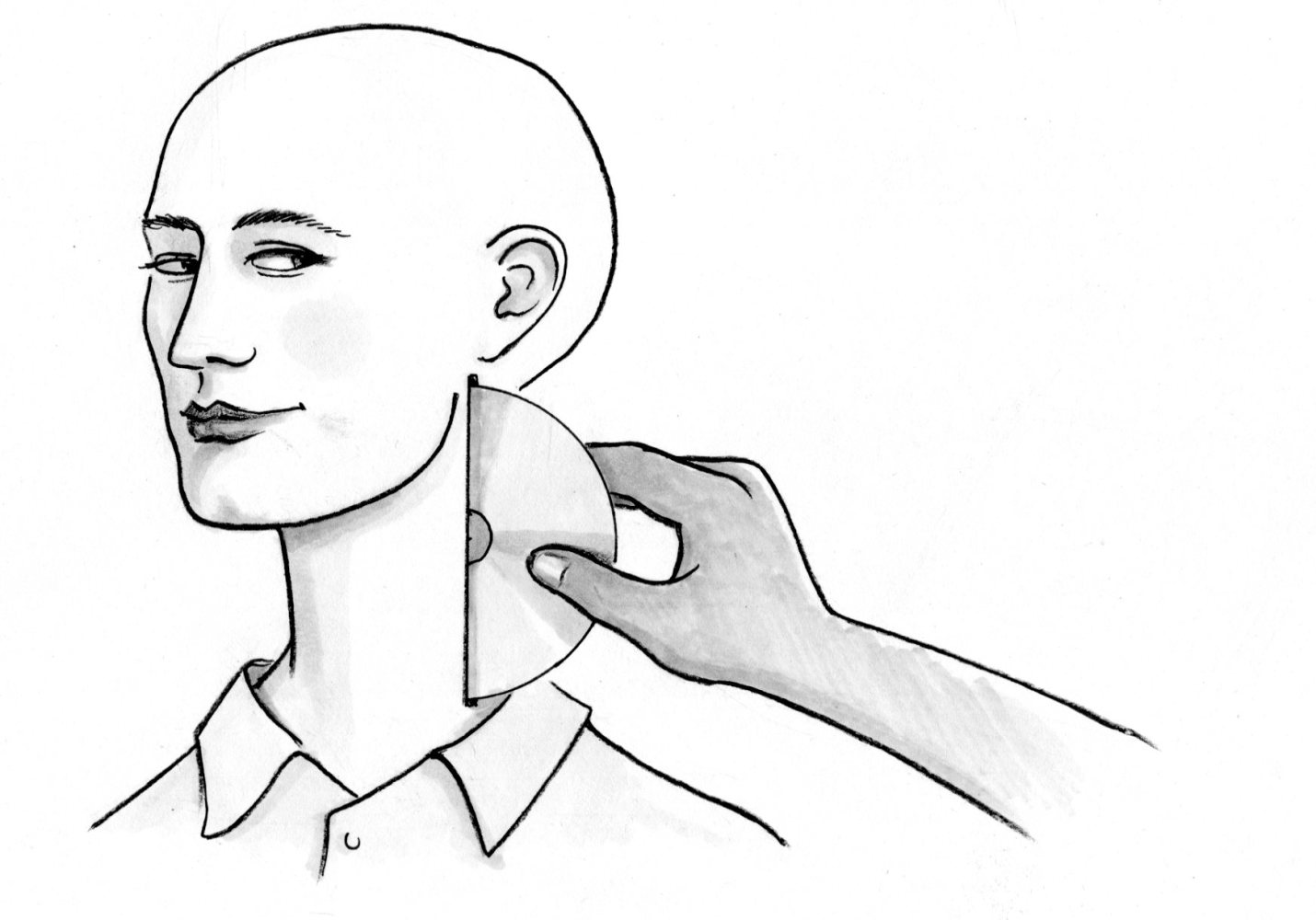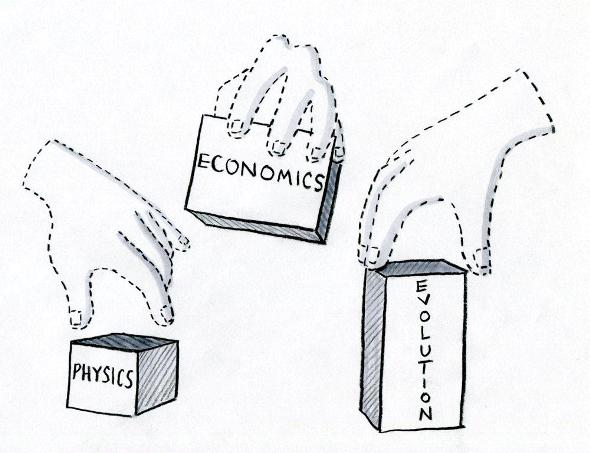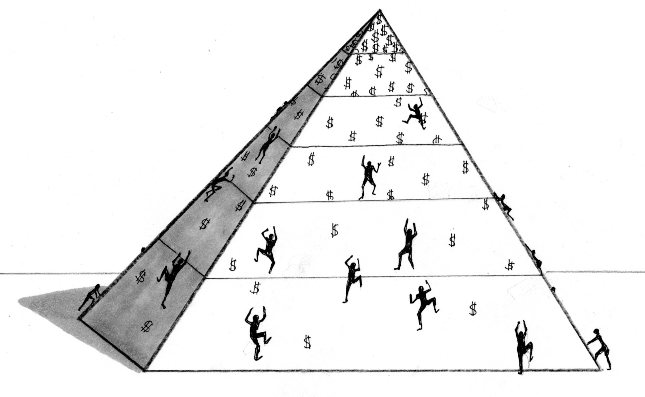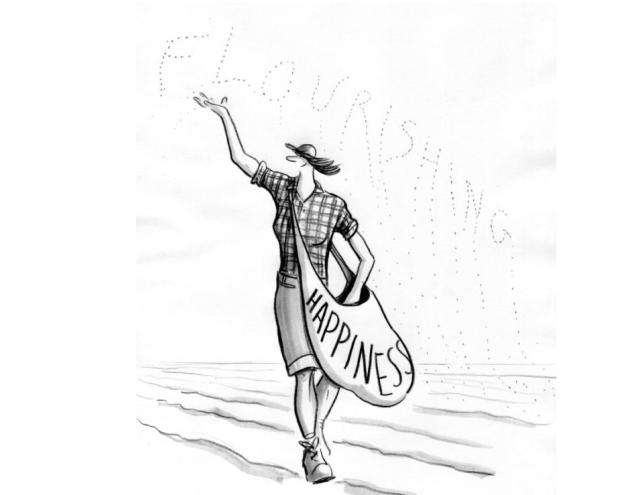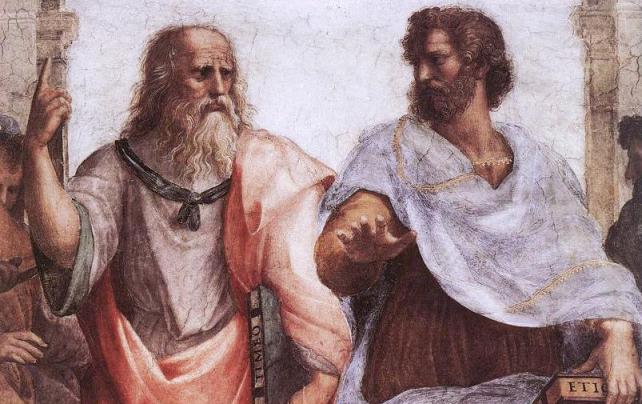Jag Bhalla
Science Writer, Blogger, and Essayist
Jag Bhalla is a writer and entrepreneur. Current projects include this "Thought Fix" blog series for Big Think. And NanoSalad a zero-prep way to zap veggie gaps (by BodZoo LLC, a future-friendly, basic-by-design business, see www.bodzoo.com for further details). Prior projects include "Errors We Live By," a series of short exoteric essays exposing errors in the big ideas running our lives. And I'm Not Hanging Noodles On Your Ears, a surreptitious science gift book from National Geographic Books, which explains his twitter handle @hangingnoodles.
Economics and fiction both seek to describe and explain human nature. Measured against what makes fiction feel realistic, the tales of mainstream economists don’t ring true. Yet they govern us.
The word “rational” is widely misapplied. Nobel laureates Kahneman and Becker use it very differently (they’re on opposite sides of a breach with our nature). They illustrate why economists can benefit from a paraphrasing of Shakespeare… though this has method, yet there is madness in it.
It is in our nature to need rules. By improving social productivity rules beats no rules, and evolution endowed us with rule-following traits accordingly. Comparing languages and tools can help us see our biological rule dependence. As can noticing that we are apt to ape more than apes.
How our own minds work is hard to see. As with almost everything else our views are shaped by the ideas our culture uses. Here are some once-tempting views about why we do what we know we will rue (tales of sin, vice and bad decisions).
Memories and understandings are story shaped. To remember, or make sense of, a thing is to have a story about it. Here’s how Kahneman used colonoscopies to probe the inner workings of our minds.
Every New Year, old yearnings to live better are reborn. And many who make New Year’s resolutions of the “less vice, more virtue” kind, need a higher-resolution picture of some relevant language and history. The “cardinal virtues” didn’t come from cardinals (and they’re not religious relics). Nor are the deadly vices just irrational restrictions. Ignoring this logic is expensive.
The roots of the word “Christmas” involve two kinds of liberation (of and from the masses).
Feeling is a form of thinking. Both are ways of processing data, one is just faster. Daniel Kahneman’s mysterious coinages (System 1 and System 2) show how new language can help sidestep centuries of confusion.
You, at this precise moment, are doing at least two things that show… “It is in our first nature to need second natures.” These second natures give us access to a behavioral toolkit that is nowhere in our genes.
Despite our ambient assumptions about “human nature,” the history of individualism shows how highly configurable our software is. And our current software needs a security upgrade.
We often can’t rely on ourselves to act rationally (or prudently). We know this, but influential social science models have a bad habit of ignoring it. We evolved to frequently act without “deciding.” We are habit-formers and habit-farmers.
We should know that we can’t know it all. Yet the results of using the opposite idea, of “unbounded rationality,” are widely influential (usually farcically mixed with asymmetrically applied “unintended consequences”). Here’s why neither sports nor markets need “less regulation”:
What if money was like food? Life’s limits hold lessons for healthy self-interest (individual and collective).
We’re facing and failing a global “Marshmallow Test.” Even if not individually, we’ve become systemically less good at making smart now-vs.-later decisions. And economics isn’t helping — it advises “discounting” the future.
Psychophysics secretly permeates our people-sciences (it assumes we’re motivated by physics-like forces). But as every infant—each a great causality detector—knows, but many scientists ignore, people aren’t biological billiard balls. 1. […]
Tools have changed our genes for millions of years. Paleo-people wouldn’t have been possible without them: artificial aids preceded and enabled their bigger brains. And the slings and arrows of […]
It is in our nature to need stories. We naturally think in story-logic. They’re a kind of people-physics. They’re biologically active, configuring how we feel in ways essential for our survival. […]
Metaphors can be our shortest stories: their compact explanations often shape our view of the truth. But like stories taken out of context, badly mixed metaphors from biology and physics […]
Better models of our nature are needed. Freud’s ideas, though discredited by many, still haunt the arts, and exert influence within science. Three ideas buried in Steven Pinker’s book about declining violence can help.
If our key political freedom is choosing for ourselves, what do we need to do that in a mature fashion? How much longer can kidults kid themselves about life’s uncool, unavoidable constraints?
Preferences often differ from prudent interests, and economics, business, and politics address (and regulate) imprudent choices differently: 1. Are American’s prudent? 69% eat imprudently, and 75% don’t save enough. […]
Maxims often beat maximization. Much in life isn’t quantifiable, much less numerically maximizable. It’s unwise to ignore that evolution fitted us for maxims, not math, to manage life’s complexities. 1. […]
The label “rational” is being used illogically. Economists (even the better behavioural kind) often misapply it, ignoring Shakespeare’s wisdom (he understood human nature better) and our evolved relational rationality. 1. […]
We know to be wary of demagoguery, but “plutogoguery” also has perils. Especially if it promotes elite psychological patterns that history warns against: 1. Demagogues are leaders (agogos = “lead”) […]
Two of America’s core values—democracy and meritocracy—seem increasingly conflicted and the way we talk about them isn’t helping: 1. “-ocracy” means “rule of.” Democracy is rule of the demos, the […]
A new “happiness” is needed. The goal many pursue now ignores useful old wisdom and the logic of our biology. A verb capturing the necessary recurring effort would improve on […]
“If it feels good, do it” is no formula for happiness. Happyologist and free-marketeer Arthur Brooks rightly calls it popular but “life ruining advice.” His essay mixes old wisdom with […]
Happiness has gotten confusing. Despite its importance it’s puzzling even our smartest scientists. “Bentham’s bucket error” is to blame, but “Plato’s Pastry” parable and a rare case of reality in […]
Plato recently confessed his 10 biggest mistakes on twitter. They came via his current spokesperson Rebecca Goldstein author of the entertaining and educational Plato at the Googleplex. Here they are in reverse order: 10. […]
Plato recently tweeted his 10 biggest mistakes (channeled via Rebecca Goldstein author of Plato at the Googleplex). Two mistakes concern mathematics and an almost irrational faith in its powers: 1. […]
